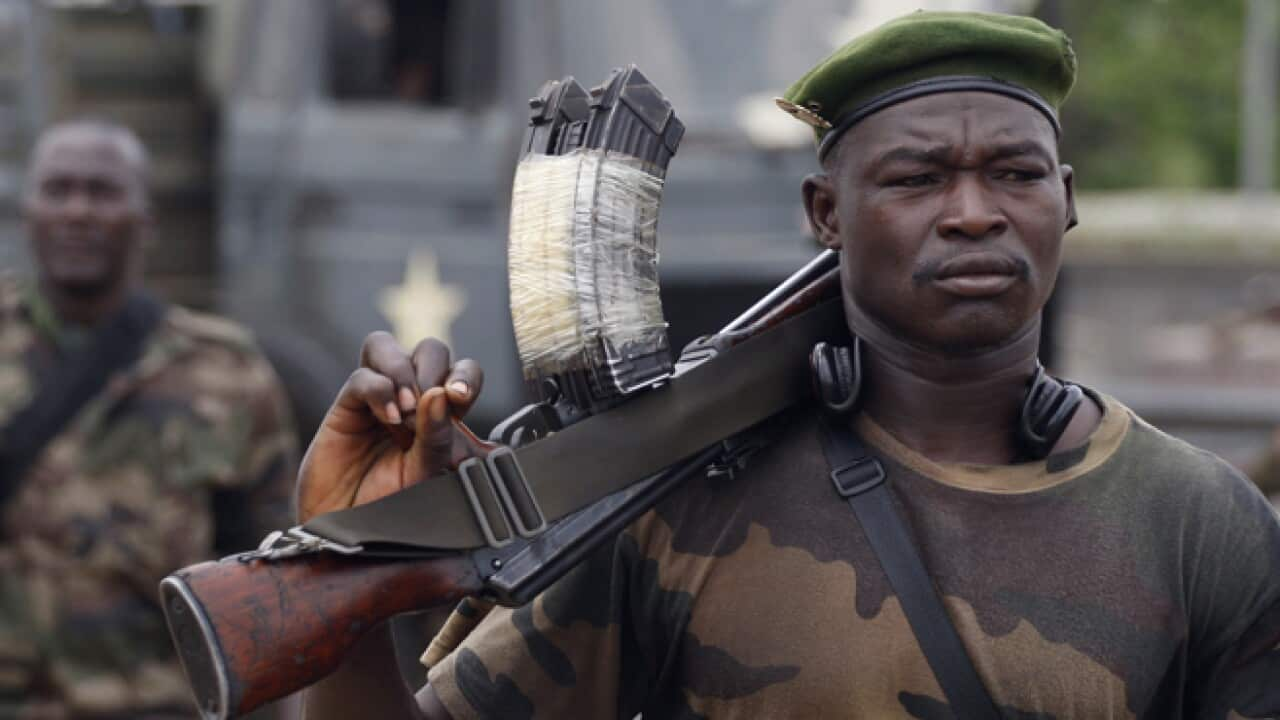The Commission on Dialogue, Truth and Reconciliation, headed by former prime minister Charles Konan Banny, was installed by President Alassane Ouattara in the capital Yamoussoukro.
"Let us today disarm ourselves of our hatred," Banny said, asking: "How did we arrive at this level of barbarity and irresponsibility?"
Calling for "frank, sincere, open, inclusive and equal dialogue," Banny stressed the panel did not have the "power of amnesty."
The 11-member commission includes one Christian and one Muslim religious leader and five representatives of the country's major regions.
Ouattara has vowed to unite the west African country and top cocoa producer after a deadly five-month political standoff that was sparked by former president Laurent Gbagbo's refusal to accept defeat after a November vote.
Ouattara is a Muslim, while Gbagbo and his wife Simone identified with Ivory Coast's growing evangelical Christian community.
Inspired by the Truth and Reconciliation Commission set up in South Africa after the end of apartheid, the Ivorian panel will have to deal with a decade of turmoil, coup attempts, political and sometimes ethnic-religious violence, that culminated in the post-poll unrest from last December to April.
But there remains uncertainty as to how the commission will function and whether it should probe crimes committed before the late 1990s.
The CDVR's first task is "to define who is a torturer and who is a victim", a question disputed by different political factions, said Alphonse Soro, who heads the Alliance for Change rights group, seen as close to Ouattara.
The commission with a two-year mandate must work to "bring the country as quickly as possible to normality" and "rebuild the social fabric" of the once regional powerhouse, the government has said.

